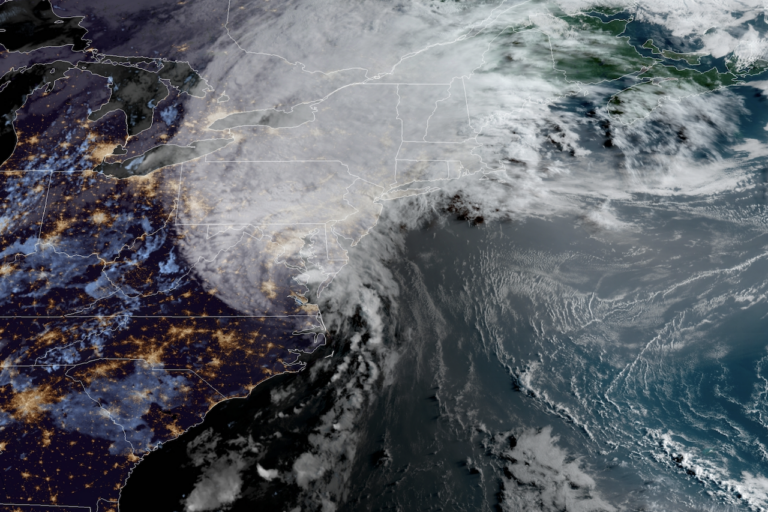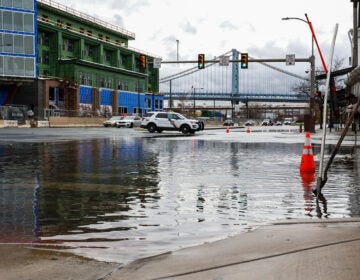NOAA: 2020 hurricane season could rival busiest on record
An already extremely active Atlantic hurricane season has the potential to rival the busiest ever, forecasters say.

View of Tropical Storm Isaias on Aug. 4, 2020. (NOAA)
An already extremely active Atlantic hurricane season has the potential to rival the busiest ever, forecasters say.
In a regularly scheduled update to its 2020 hurricane season outlook issued Thursday, National Oceanic and Atmospheric Administration forecasters have increased the predicted number of named storms and major hurricanes.
The updated outlook calls for 19-25 named storms (winds of 39 mph or greater), of which 7 to 11 could become hurricanes (winds of 74 mph or greater), including 3 to 6 major hurricanes (winds of 111 mph or greater). The busiest hurricane season on record, 2005, generated 27 storms, including Hurricane Katrina.
“This is one of the most active seasonal forecasts that NOAA has produced in its 22-year history of hurricane outlooks,” said U.S. Secretary of Commerce Wilbur Ross in a statement. “We encourage all Americans to do their part by getting prepared, remaining vigilant, and being ready to take action when necessary.”
Other factors that point to an above-normal season include warmer-than-average sea surface temperatures in the tropical Atlantic Ocean and the Caribbean Sea, reduced vertical wind shear, weaker tropical Atlantic trade winds, and an enhanced West African monsoon.
An average season produces 12 named storms of which six become hurricanes, including three major hurricanes. There have been nine named storms during the 2020 hurricane season, including two hurricanes (Hanna and Isaias).
Some Atlantic basin seasons feature below-average activity but still result in a devastating storm, like Hurricane Andrew in 1992, while others like 2010 — third most active season on record — did not feature a hurricane making landfall.
The 2020 Atlantic basin hurricane season peaks in September and will end on November 30. The upcoming names include Josephine, Kyle, Laura, Marco, Nana, Omar, Paulette, Rene, Sally, Teddy, Vicky, and Wilfred.
Should the season exhaust the slate of names, the Greek alphabet will be used, like in 2005. The initial names would be Alpha, Beta, Gamma, Delta, Epsilon and Zeta.
FEMA offers the following easy, low-cost steps to get prepared now:
- Have a family discussion about what you will do, where you will go, and how you will communicate with each other when a storm threatens.
- Assemble a disaster kit.
- Know your evacuation route.
- Tune into your local news radio or download the FEMA app to get alerts.
- Listen to local authorities as a storm approaches.

Get daily updates from WHYY News!
WHYY is your source for fact-based, in-depth journalism and information. As a nonprofit organization, we rely on financial support from readers like you. Please give today.




